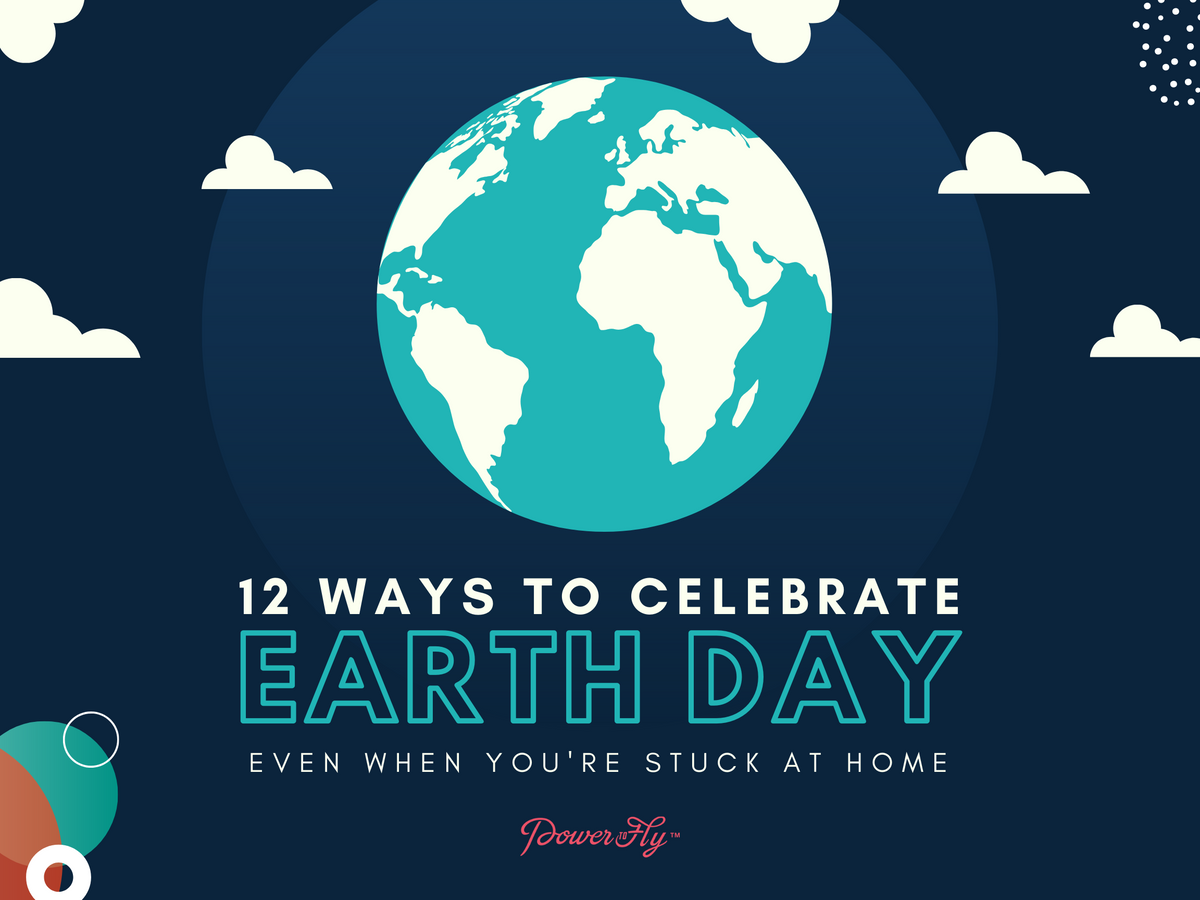Check out our guide on 12 ways to celebrate Earth Day as a family while sheltering in place!
India just recorded its lowest average level of springtime nitrogen dioxide pollution ever. China's carbon dioxide emissions have dropped by 25% over the last few months. Emissions in northern Italy and New York have dropped, too. Air pollution in the Northeast portion of the United States has fallen by 30% in the last few weeks. The smog that had become a constant presence in traffic-heavy urban centers like Los Angeles and Mexico City is lifting, making skylines visible once again.
None of these wins for the environment are worth the high cost of human lives. (Though that argument is made more nuanced when you take into consideration the human lives saved by the reduced pollution—Stanford researcher Marshall Burke said in March that cleaner air in China likely saved 20 times more lives there than were lost due to the virus.)
Just like I wrote in our good-news roundup, I can't argue that the novel coronavirus is a good thing. Nothing that kills hundreds of thousands of people ever could be. The long-term consequences of rampant unemployment, economic slowdown, and extreme strain on mental and physical health are not to be underestimated.
But none of that changes the fact that as we approach the 50th anniversary of the first Earth Day, the earth is experiencing an unprecedented break from relentless, human-driven destruction.
Protecting the earth is in our long-term best interest as individuals and as a species. Having clean water and clean air are vital to our health, as is being made even more clear as coronavirus-related deaths spike in heavily-polluted areas. And that's something that we're noticing on a global level and also on an individual level, as people turn to the outdoors to help combat pandemic-induced anxiety and benefit from the immune-boosting power of vitamin D.
However, shutting down all transit and keeping people inside their homes isn't a sustainable way to make continued progress at slowing down global warming, reducing pollution, and caring for our natural resources. So how can we make sure we take some of the positive, earth-saving impacts of the coronavirus into a world where we're no longer under extensive stay-at-home orders?
First, we need to recognize that a return to normal is the likeliest scenario, said Jacqueline Klopp, co-director of the Earth Institute's Center for Sustainable Urban Development, in an interview for Columbia. "As we face this moment of disarray, we don't want to be thinking an inch in front of our faces. A lot of money is going to be put into getting the economy going again, and if we just put it back into the same polluting industries, people will continue dying."
What does she recommend instead? That we whole-heartedly embrace the individual choices that we've shown we are capable of making.
The four highest-impact things individuals can do to reduce greenhouse gas emissions are to have one fewer child, live without a car, avoid plane travel, and stop eating meat, found a 2017 study done by the Lund University Centre for Sustainability Studies.
The pandemic has forced many people into doing at least three of those. (We'll have to wait and see whether there's a COVID-19 baby boom or not.)
As large quantities of workers prove that they can cut out their commute and work from home instead, they are making the case that they can continue telecommuting even after it's safe to go back into the office.
As individuals and families are canceling flights for far-off vacations, they could create a new set of expectations around travel. Perhaps the new normal could be families setting off on several local adventures and just one longer, air-travel-needed trip each year, instead of two or three week-long vacations requiring long flights.
And as households are turning to their kitchens and their gardens during shelter-in-place rules, families are learning to reduce food waste, start composting, maintain a vegetable garden, and cook with easy-to-find, shelf-stable ingredients like beans instead of scarce and quick-to-spoil meat products. All of those changes could continue into a recovery from the virus, helping to solidify more eco-friendly food practices.
It's reasonable to expect that lifestyle changes induced by the pandemic could continue even after it's over, says a 2018 study done by the Zurich University of Applied Sciences. Researchers found that when people were unable to drive and were given access to free e-bikes instead, they drove much less once they eventually got their cars back.
Embracing everyday changes—like working from home versus commuting into an office, going on a "flight diet" and trading videoconferencing for in-person business meetings and local vacations for more exotic ones, and eating less meat—is a good place to start. But to really change our relationship with the earth, we'll need to keep advocating for climate-friendly policies at the national and global levels.
The very first Earth Day, 50 years ago, brought 20 million Americans (10% of the U.S. population at the time), out to the streets to protest environmental problems, and directly led to the creation of the Environmental Protection Agency and the passage of the Clean Air and Clean Water Acts.
What can we do this time around, if we come together for the future?
From ways to be politically active as a family to earth-friendly crafts and games, check out our guide on 12 ways to celebrate Earth Day while sheltering in place here.
Check out our guide on 12 ways to celebrate Earth Day as a family while sheltering in place!




